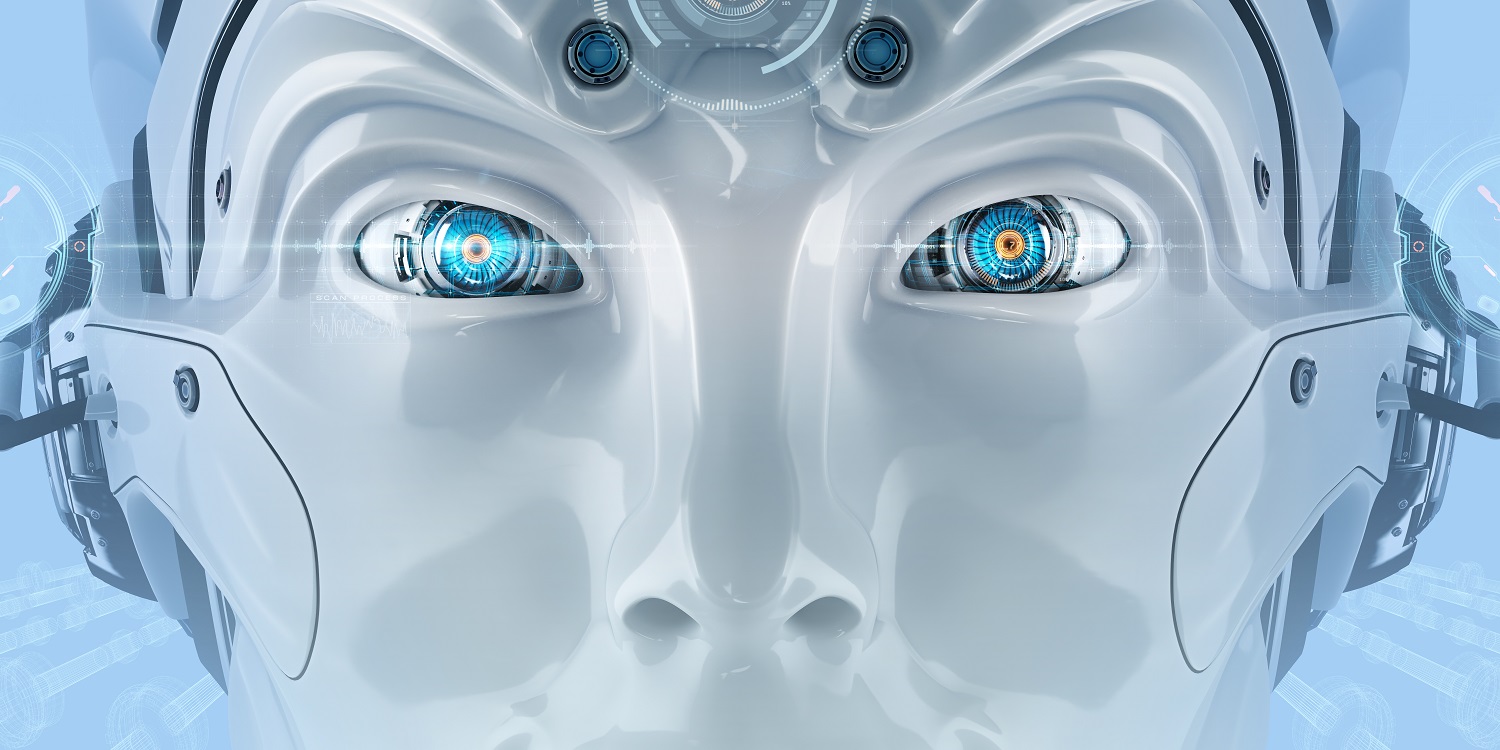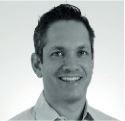News


Case of the month – A Case of a Compound Odontoma
March 27, 2019

Using CBCT for Investigating Lower Third Molars
May 1, 2019The development of artificial intelligence applications at CT Dent – working with Orca Dental AI


Daniel Abraham, founder and president, Orca Dental AI
Seb Evans (Dentistry) interviews Daniel Abraham, founder and president of Orca Dental AI, who has been working with CT Dent to design new AI applications.
Seb Evans (SE): How long have you been working with and developing software for CT Dent?
Daniel Abraham (DA): We’ve been working with CT Dent for more than four years. We’ve been providing the company services pretty much since its inception about 10 years ago.
Recently, the relationship deepened and we’ve started providing more customised and direct solutions.
SE: What does the AI software for CT Dent do?
DA: The AI software helps locate and identify anatomies in dental imaging. It helps CT Dent provide faster, more accurate, and more streamlined solutions for their customers who are ultimately practitioners.
We help use AI to provide diagnostic and analysis on dental images. CT Dent uses these tools in order to offer streamlined and more accurate services to its practitioners.
SE: What are the benefits of the AI software to dentists?
DA: One vector is time cost and focused saving. Just the fact that we take away some of the hassle of having to run through the images and identify, chart, input data themselves. This can sometimes have problems with accuracy and, in general, is quite an inefficient process. Time consuming, learning the complex software is sometimes very slow and takes away from the chairtime, which is dentists’ earning metric.
The other side is that AI in general is very good at detecting anomalies and other signs that a lot of the time practitioners may have problems and difficulties checking themselves. Practitioners are not radiologists. A lot of the time, detecting edge cases and anomalies is difficult. AI is very good at picking up those patterns, alerting and flagging these. It’s good at highlighting something suspicious, and telling the dentist to take a closer look.
SE: Is there anything else you are currently developing for CT Dent?
DA: We have a branch of products coming out using these AI tools to provide analysis, reporting, diagnostics. All of these are going to be used by CT Dent as well. It’s a whole suite of different services all using the AI engine we’ve developed.
SE: Why do you think there is such a shift towards AI recently?
DA: Firstly, AI is revolutionising a whole field of the way we live today (think self-driving cars, finances, and medical), it’s only natural that dentistry is going to catch up. Our mission is to lead that vision in dentistry. The same way we’re going to see in 20 years, probably, most cars are not going to have a steering wheel, you’re going to have a lot of diagnostics, analysis and treatment planning processes done by AI. It’s the same kind of revolution, just in a different field.
SE: What do you see for dental AI in five to 10 years’ time?
DA: Dental AI is going to leap with regards to providing all the major services. This takes away the hassle I mentioned earlier, involved in data entry and human diagnostics on imaging.
Further down the line, there’s going to be a contribution to proper treatment planning suggestions and deeper involvement in the process of creating treatments.
SE: Is there anything else you’d like to add?
DA: The advantage of AI in general is correlated with the fact that human decision making has the flaw of subjectivity. Although at the high-end it can be superior to any machine, when you go down to the mundane and routine, a lot of the time it’s flawed by nature because a human is concentrating on a lot of different things at the same time. The amount of attention given to routine procedures diminishes over time.
Once you have a system that consistently provides objective results and opinions, it doesn’t have to do the actual decision making, but can do the flagging and finding patterns, it will do it on a routine basis better than what a practitioner or any human can do. That’s what we strive to bring to dentistry.
Interview published first by Dentistry magazine
Seb Evans (SE): How long have you been working with and developing software for CT Dent?
Daniel Abraham (DA): We’ve been working with CT Dent for more than four years. We’ve been providing the company services pretty much since its inception about 10 years ago.
Recently, the relationship deepened and we’ve started providing more customised and direct solutions.
SE: What does the AI software for CT Dent do?
DA: The AI software helps locate and identify anatomies in dental imaging. It helps CT Dent provide faster, more accurate, and more streamlined solutions for their customers who are ultimately practitioners.
We help use AI to provide diagnostic and analysis on dental images. CT Dent uses these tools in order to offer streamlined and more accurate services to its practitioners.
SE: What are the benefits of the AI software to dentists?
DA: One vector is time cost and focused saving. Just the fact that we take away some of the hassle of having to run through the images and identify, chart, input data themselves. This can sometimes have problems with accuracy and, in general, is quite an inefficient process. Time consuming, learning the complex software is sometimes very slow and takes away from the chairtime, which is dentists’ earning metric.
The other side is that AI in general is very good at detecting anomalies and other signs that a lot of the time practitioners may have problems and difficulties checking themselves. Practitioners are not radiologists. A lot of the time, detecting edge cases and anomalies is difficult. AI is very good at picking up those patterns, alerting and flagging these. It’s good at highlighting something suspicious, and telling the dentist to take a closer look.
SE: Is there anything else you are currently developing for CT Dent?
DA: We have a branch of products coming out using these AI tools to provide analysis, reporting, diagnostics. All of these are going to be used by CT Dent as well. It’s a whole suite of different services all using the AI engine we’ve developed.
SE: Why do you think there is such a shift towards AI recently?
DA: Firstly, AI is revolutionising a whole field of the way we live today (think self-driving cars, finances, and medical), it’s only natural that dentistry is going to catch up. Our mission is to lead that vision in dentistry. The same way we’re going to see in 20 years, probably, most cars are not going to have a steering wheel, you’re going to have a lot of diagnostics, analysis and treatment planning processes done by AI. It’s the same kind of revolution, just in a different field.
SE: What do you see for dental AI in five to 10 years’ time?
DA: Dental AI is going to leap with regards to providing all the major services. This takes away the hassle I mentioned earlier, involved in data entry and human diagnostics on imaging.
Further down the line, there’s going to be a contribution to proper treatment planning suggestions and deeper involvement in the process of creating treatments.
SE: Is there anything else you’d like to add?
DA: The advantage of AI in general is correlated with the fact that human decision making has the flaw of subjectivity. Although at the high-end it can be superior to any machine, when you go down to the mundane and routine, a lot of the time it’s flawed by nature because a human is concentrating on a lot of different things at the same time. The amount of attention given to routine procedures diminishes over time.
Once you have a system that consistently provides objective results and opinions, it doesn’t have to do the actual decision making, but can do the flagging and finding patterns, it will do it on a routine basis better than what a practitioner or any human can do. That’s what we strive to bring to dentistry.
Interview published first by Dentistry magazine
An interview with Daniel Abraham, founder and president of Orca Dental AI, who has been working with CT Dent to design new AI applications.


